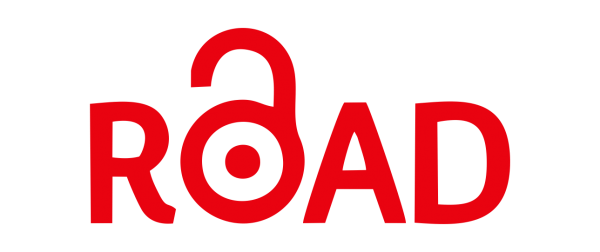Modification of Striper Plate Tooling on Cross Pieces Cut Machine Block to Extend Die Plate Service Life
DOI:
https://doi.org/10.63643/jges.v2i2.271Keywords:
Tooling Modification, Die Plate Optimization, Sheet Metal StampingAbstract
Part stamping is a result of a production process called sheet metal forming, which is needed to produce the press part sheet metal plate or sheet , pressing dies as molds and pressing machines to produce it. This study aims to extend the use of masa stiper plate die plate by modifying the engine block cross pieces cutusing analysis response surfaces methodology ( RSM ) in the data analysis to optimize the value of the, punch and air pressure ( pressure) , modifications done on the tooling plate striper at block cutting machines cross pieces cut, from the modifications made previously discarded die platecan be reused in the production process without, opservasi of data processing with application minitab 16 , there is no influence between the mass use of the die plate against three fariasi parameters used. The modification process performed at striper tooling plate is on the right side of the bottom with a width of 26 mm and a gradual depth of 0.5 mm - 1.5 mm, modified subsequently assembled and used on the observations taken on the production line next if the value obtained using the program minitab 16, from the data obtained is used to find the optimum value on an analysis of response surfaces.
References
Akyürek, F., Yaman, K., & Tekiner, Z. (2017). An Experimental Work on Tool Wear Affected by Die Clearance and Punch Hardness. Arabian Journal for Science and Engineering, 42(11), 4683–4692. https://doi.org/10.1007/s13369-017-2621-0
Amir, F., Adietya, B. A., & Iqbal, M. (2018). Anaslisa Optimasi Lambung Demihull Katamaran Menggunakan Response Surface Methode Pada Motion Sickness Incidence. Jurnal Teknik Perkapalan, 6(1), 1–9.
Dewi, S., Ermina, R., Kasih, V., Hefiana, F., Sunarmo, A., & Widianingsih, R. (2023). ANALISIS PENERAPAN METODE ONE WAY ANOVA MENGGUNAKAN ALAT STATISTIK SPSS. Jurnal Riset Akuntansi Soedirman, 2(2), 121–132. https://doi.org/10.32424/1.jras.2023.2.2.10815
Hambli, R., Guerin, F., & Dumon, B. (2003). Numerical Evaluation of the Tool Wear Influence on Metal-Punching Processes. The International Journal of Advanced Manufacturing Technology, 21(7), 483–493. https://doi.org/10.1007/s001700300057
Kamarul Adnan, A. A., Azinee, S. N., Norsilawati, N., & Izzul, K. A. M. (2022). Analysis of the influence of the blanking clearance size to the burr development on the sheet of mild steel, brass and aluminium in blanking process. Journal of Achievements in Materials and Manufacturing Engineering, 111(1), 26–32. https://doi.org/10.5604/01.3001.0015.9093
Octaviani, M. A., Dewi, D. R. S., & Asrini, L. J. (2017). OPTIMASI FAKTOR YANG BERPENGARUH PADA KUALITAS LILIN DI UD.X DENGAN METODE RESPONSE SURFACE. Jurnal Ilmiah Widya Teknik, 16(1), 29–38.
Schuler. (1998). Metal forming handbook. Springer Science & Business Media.
Setiawan, O., & Pradipta, A. T. (2024). Penggunaan Metode Response Surface Methodology Box Behnken Untuk Pemodelan dan Optimasi Proses Fenton pada Pengolahan Limbah Cair Home Industri Sarung Tenun Tradisional Medangan Gresik. METANA, 20(2), 97–107. https://doi.org/10.14710/metana.v20i2.66413
Siregar, H. D., Wassalwa, M., Janani, K., & Harahap, I. S. (2024). Analisis Uji Hipotesis Penelitian Perbandingan menggunakan Statistik Parametrik. Al Ittihadu, 3(1), 1–12.
Tönshoff, H. K., Arendt, C., & Amor, R. Ben. (2000). Cutting of Hardened Steel. CIRP Annals, 49(2), 547–566. https://doi.org/10.1016/S0007-8506(07)63455-6
Ulfiyah, L., Rohmah, F., & Permata, T. (2021). Analisa Pengaruh Komposisi Cu dan Mg pada Paduan Al-Cu dan Al-Mg untuk Chassis Kendaraan. J. Rekayasa Mesin, 12(3), 497–506.
Downloads
Published
How to Cite
Issue
Section
License
Copyright (c) 2025 Adi Nugroho, Agus Santoso

This work is licensed under a Creative Commons Attribution-ShareAlike 4.0 International License.
















